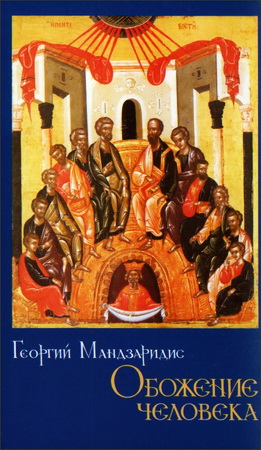
The Concise Dictionary of the Christian Tradition - Doctrine, Liturgy, History
The Concise Dictionary of the Christian Tradition: Doctrine, Liturgy, History
J. D. Douglas, Walter A. Elwell, Peter Toon. – Grand Rapids, MI: Zondervan, 2023. – 419 p.
ISBN 978-0-3101-5734-2
ABOLITIONISM
Nineteenth-century reform movement in the U.S. that sought for the abolition of slave trade and the emancipation of slaves. Leaders of the movement such as James Birney; Theodora Weld; and Harriet Beecher *Stowe, author of Uncle Tom’s Cabin, stung the conscience of a nation into action, even if stridently at times. The Thirteenth Amendment to the Constitution of the United States in 1865 following the Civil War achieved the abolitionists’ ultimate goals.
DIBELIUS, OTTO
(1880–1967). *Bishop of the Berlin-Brandenburg Church. A *pastor of the German *Reformed Church, he resisted Hitler’s attempt to control the church and was dismissed as Lutheran superintendent in Berlin. He was arrested three times for continued resistance and was forbidden to speak or publish. After World War II he became bishop of divided Berlin and was as courageous against communism as against Nazism. He was a president of the *World Council of Churches (1954–1961).
GATHERED CHURCH
The meeting of Christians in a locality for *worship and *fellowship in a self-conscious attempt to be a pure church—an independent, self-governing, visible church of obvious *saints. The worship of the *parish, or traditional, church is rejected as being impure or compromised. This idea of a church was found in English *Separatism and *Puritanism in the 17th century, and it has continued as an idealistic option in *Protestantism since.
KULTURKAMPF
A conflict in Germany in the 1870s when nationalists became alarmed at the increasing power and claims of *Roman Catholicism. This was partly the result of *Vatican Council I’s decree of papal *infallibility, partly because of local Catholic-Protestant disputes, and partly because Bismarck saw German unity in danger. Drastic legislative measures against the Roman Catholics included the expulsion of the *Jesuits, the state’s domination of education, and the withdrawal of financial subsidy from the state. Diplomatic relations were broken off for some years until political discretion called for a concordat between the two sides.
PAULICIANS
A *sect that originated in mid-7th-century Armenia. Its dualistic tendencies suggest the influence of *Marcion and of *Manichaeism. The founder seems to have been an Armenian called Constantine, who took the additional name of Silvanus, a companion of the *apostle Paul, after whom the group was said to have been named. Some scholars think, however, that the link went no further back than *Paul of Samosata. The Paulicians believed in an *evil *God and a good *God; denied the humanity of *Jesus; rejected the *OT and the Petrine Epistles; and rejected the *sacraments, *worship, and hierarchy of the Orthodox Church. Constantine and his successor both died violently, but the sect expanded, flourished for a time, and survived until at least the end of the 11th century
THEOPASCHITES
Those who hold that *God suffered, inasmuch as it was *Christ’s divine *nature that endured the agony at *Calvary. The *doctrine was taught by a section of the Monophysites from the early 6th century as part of their thesis that Christ had only one nature. Although it had weighty support for a time, it was soon condemned in both *Eastern and Western churches. The normal Christian teaching is that the *eternal *Son of God suffered not in his divine but in his human nature.
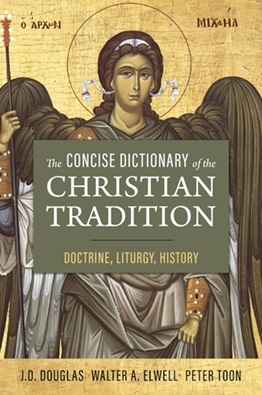
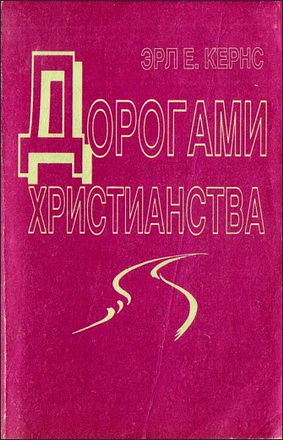
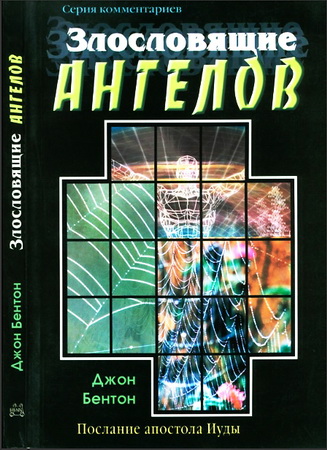

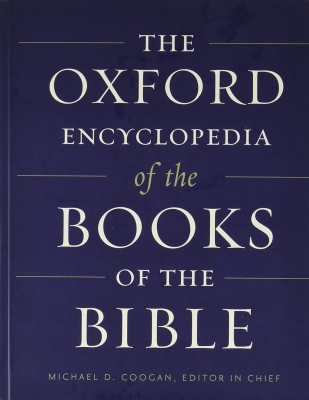
Комментарии
Пока нет комментариев. Будьте первым!